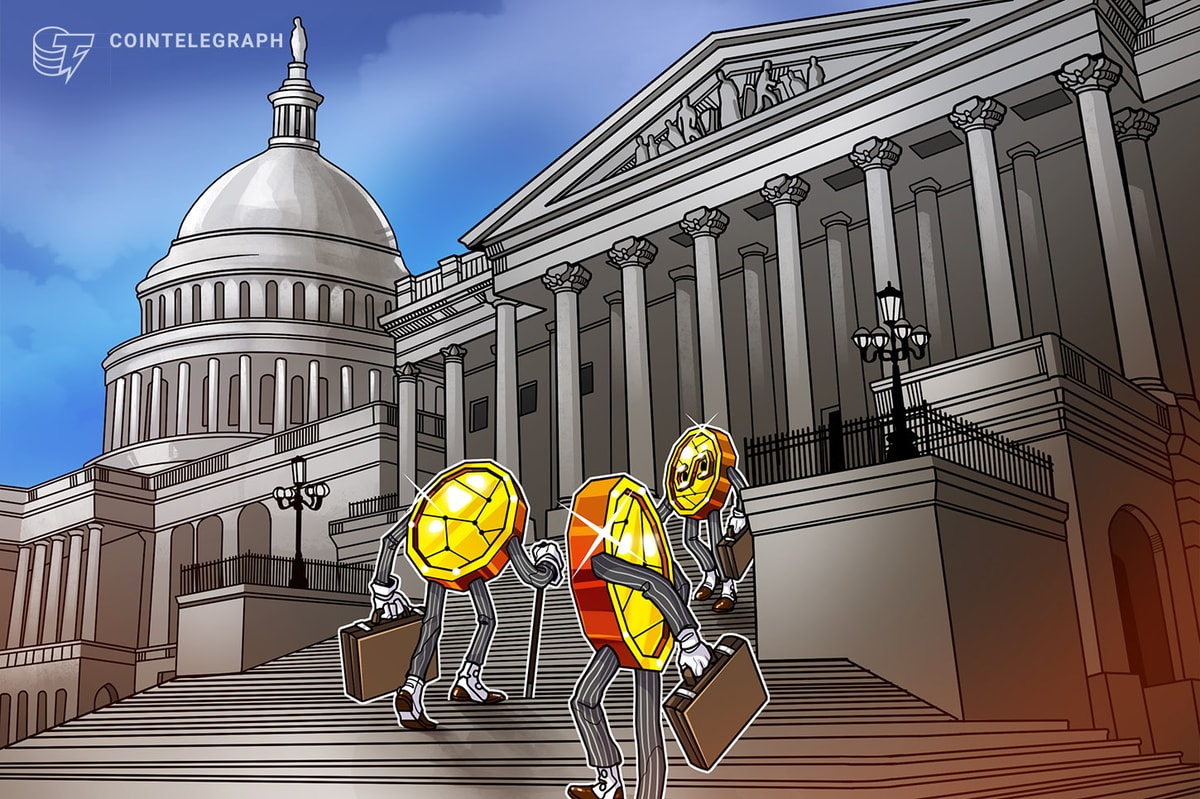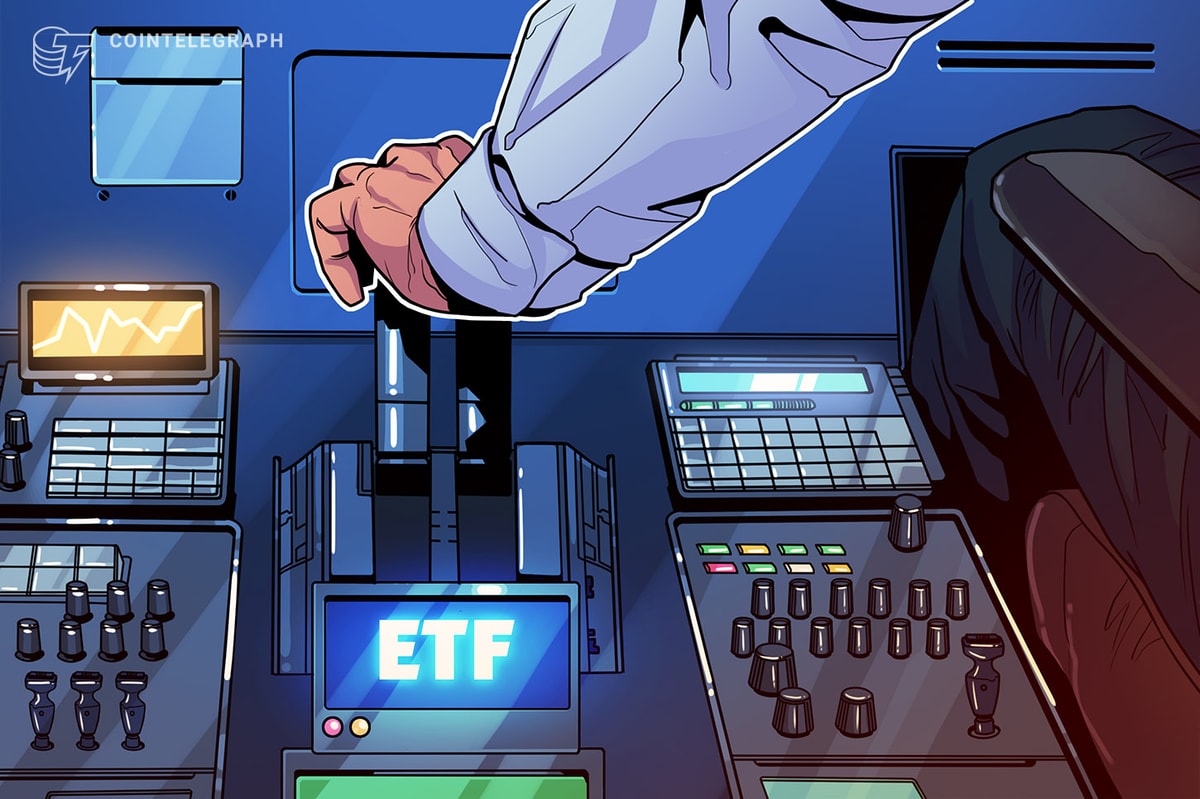Telegram Open Network (TON) developers responded to its investors after American regulators abruptly announced that its $1.7 billion token sale was illegal.
No clear feedback from SEC for 18 months
According to a TON letter to investors obtained by Cointelegraph, the firm has been trying to solicit feedback from the United States Securities and Exchange Commission (SEC) for the past 18 months regarding the TON blockchain and does not agree with the recent action. It wrote:
“We were surprised and disappointed that the SEC chose to file the lawsuit under these circumstances, and we disagree with the SEC's legal position.”
Court hearing is scheduled for Oct. 24
In the letter, Telegram stated that they are continuing to assess the best ways to resolve the situation in the interests of relevant parties, including but not limited to evaluating whether to delay the launch date.
After deeming Telegram’s initial coin offering (ICO) illegal, the SEC also filed a temporary restraining order, setting a court hearing in New York for Oct. 24.
Following the news, New York Times tech reporter Nathaniel Popper tweeted on Oct. 12 to point out the involvement of high-profile investors in Telegram’s $1.7 billion ICO, including Benchmark, Sequoia and Lightspeed. He wrote:
“The SEC's move to shut down Telegram's crypto project raises questions about the big venture capital firms that gave it $1.7 billion and convinced themselves that it would pass regulatory muster. That includes Benchmark, Sequoia and Lightspeed.”
Yesterday, a private Telegram channel for TON investors removed all previous posts and announced it will be taking a break amid the increased level of regulatory uncertainty.
Criticism against SEC over no clarity for crypto
The SEC has been notably criticized for its lack of clarity regarding cryptocurrencies and ICOs. In late September, a group of lawmakers from the U.S. Congress sent a letter to the authority’s chairman Jay Clayton, urging the commission to issue clear guidance on cryptocurrencies. Previously, Representative Warren Davidson hosted a crypto roundtable where participants expressed their concerns over the existing legal framework for ICOs and crypto.
Earlier this year, John Berlau, a senior member at libertarian think tank Competitive Enterprise Institute, criticized the SEC’s approach to regulating cryptocurrencies, arguing that its “burdensome regulation” kills transformative innovation. He also argued that the SEC’s scrutiny could threaten the functionality of blockchain tech if the agency treats cryptocurrencies as securities. In early April, U.S. lawmakers reintroduced the Token Taxonomy Act that aims to exclude crypto from securities laws.











